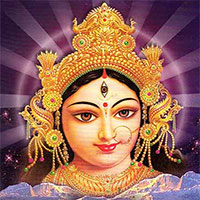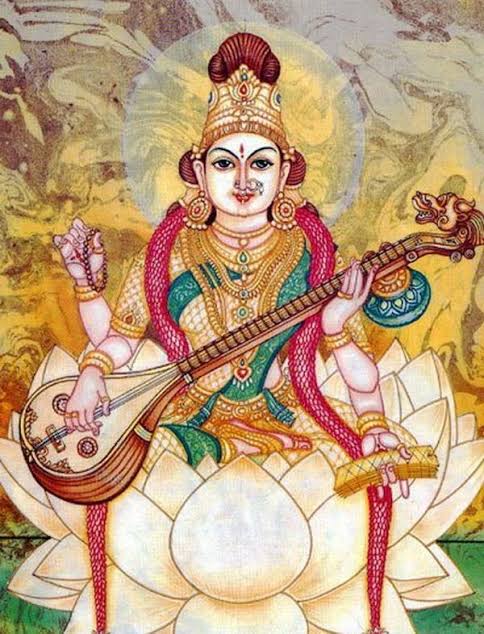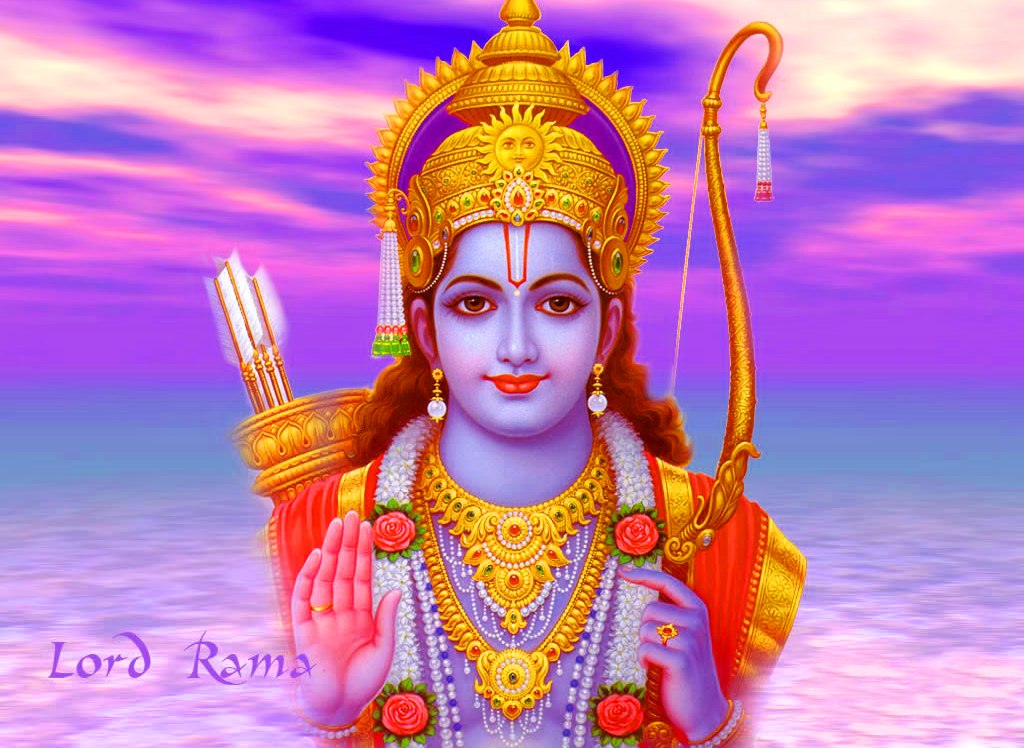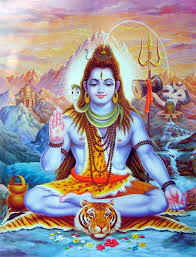_Venkatagiriyappa.jpg)
COMPOSER Mysore (Veena) Venkatagiriyappa |
|
|||||||||||||
|
Veena Venkatagiriyappa was born into a family of ascetics. He was the only son of his parents, Venkataramaiah and Narasamma. His father passed away when Venkatagiriyappa was one year old. The helpless mother had to seek protection by her father, Veena Dodda Subbarao, who was living in Mysore. Dodda Subbarao was no ordinary person. Dodda means big or elder. Dodda Subbarao was a big name in the world of music in Mysore. He was a great veena player. While it is the practice of others to hold the veena horizontally while playing on it, Dodda Subbarao was holding it vertically. This was possible only for those who had put in assiduous practice for a long time. He was a leading light among the Asthana Vidwans of Mysore. Dodda Subbarao had four daughters and one son, who was called Chikka Subbarao. He also aquired mastery in veena playing like his father.
Venkatagiriyappa's mother's arrival in Mysore with her infant son, seeking refuge under her father, was a blessing in disguise to the child. He was exposed to the greater world of music in Mysore. His maternal grandfather Dodda Subbarao initiated Venkatagiriyappa into this world. He was Venkatagiriyappa's first guru. The second guru was Dodda Subbarao's son, Chikka Subbarao.
Venkatagiriyappa had his initiation into music in strange circumstances. Venkatagiriyappa was then a child of five years. It was Vijayadashami in the year 1892. Dodda Subbarao went as usual to the Palace and met the Maharaja. 'I have received a call from above. It is upto your Highness to protect my grandson,' he said. The Maharaja did not take it seriously. He thought that it was meant as a joke.
Dodda Subbarao went home, finished ablutions, worshipped the veena, blessed his grandson, called his son Chikka Subbarao and asked him to continue the lessons from the next day onwards, offered prayers to God, sang his favourite composition Vara Narada, and prostrated before the deity, never to get up !
The news of the passing away of Dodda Subbarao came as a shock to the Maharaja. He rendered all help to the bereaved family.
Life of renunciation
Chikka Subbarao was already leading a life of renunciation. He had lost all his children and this had made him sad and retreating. The death of his father also had its own impact on him. He was totally devoted to music.
Venkatagiriyappa grew under the loving care of Chikka Subbarao, learnt veena and evolved into a master veena player.
He was married at the age of sixteen. Soon he became the father of a son. But providence again played truant. He lost his son as well his wife. He married again. The bride (Venkatalakshamma) was the daughter of his first wife's maternal uncle. This time fortune smiled on him. He was enabled to pursue his goal in life with equanimity.
Audience with Maharaja
But Chikka Subbarao wanted that Venkatagiriyappa should give a veena recital before the Maharaja. He had an audience with the Maharaja and placed before him his heart's desire. A kacheri was arranged at the Palace. The Maharaja sat through the performance but his face was expressionless. He gave the artiste a nominal sum of two rupees (in those days).
Chikka Subbarao was disappointed. But he dare not give vent to his feelings before the Maharaja.
When they returned home, another unpleasant experience lay in wait. A servant of the Palace taunted them, 'I learnt that His Highness was immensely pleased and gave you a bountiful reward.'
Chikka Subbarao could feel the sting. But he restrained himself and said, 'It is great that His Highness was kind enough to listen to the veena recital. His grace is greater than all the gifts that one can get.'
The Maharaja had just set a ploy to test the mettle and integrity of the artiste before taking him into his confidence. The Maharaja was overjoyed that Venkatagiriyappa had passed the test. Venkatagiriyappa and Subbarao were invited to the Palace and expressed his pleasure in kind and appointed Venkatagiriyappa as the Asthana Vidwan.
Venkatagiriyappa occupied many posts of honour. He was the Director of the Palace Band. He taught veena to the daughters of Yuvaraja Kanteerava Narasimharaja Wadiyar. He taught music to the students of the Government Training College and Maharani's High School. He learnt western music and made some valuable contributions to it
|
||||||||||||||








